LIFESTYLE
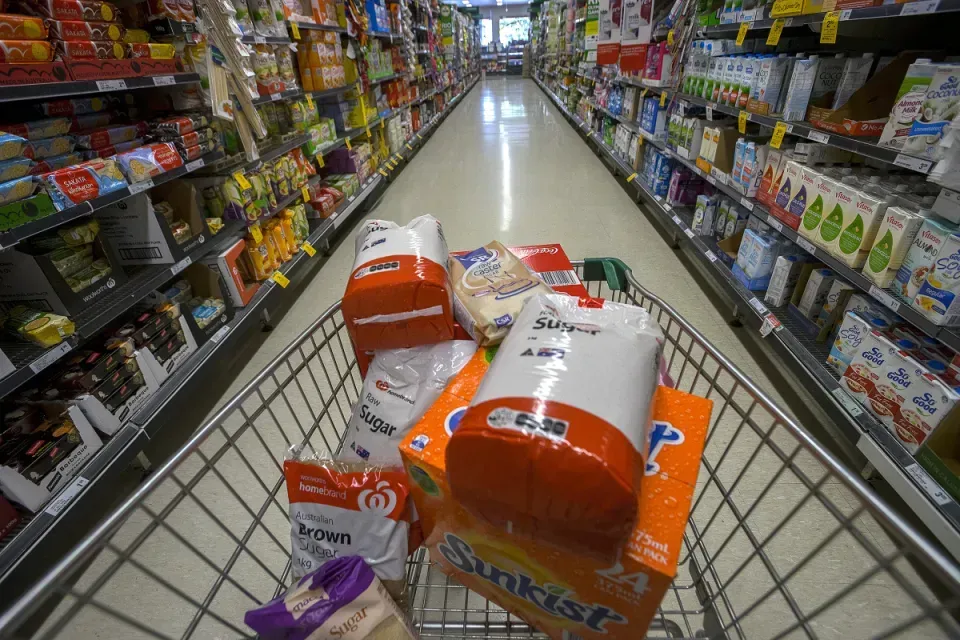
Shocking levels of poverty as experts call for bigger JobSeeker rise
Shocking levels of poverty as experts call for bigger JobSeeker rise
Australians on fixed or lower incomes are skipping meals and going without medicine, with new research revealing a “poverty premium” is being paid for essentials like petrol and groceries.
As the Albanese government faces pressure to pass a much larger expansion in the social safety net, Anglicare Australia has published a report showing key living costs are pricier for the poorest households.
Australians on lower incomes are spending up to 10 per cent more on petrol, up to 20 per cent more on energy and up to 93 per cent more on groceries, according to the Anglicare analysis.
The combination of these acute cost pressures for both transport and food is taking a particularly heavy toll, according to Jason Haines, an executive officer at St John’s Care, which provides food assistance to vulnerable Australians.
“The issue is people can’t even come to get the free food,” he said.
“With these petrol costs, they want free food but they can’t get in here to get the free food.”
Haines said Australians are also going without medicines to treat their chronic conditions.
“A guy came in the other day in delirium because he hadn’t had his heart or diabetes medication,” he said.
“It’s life-threatening things that people can’t afford.”
Anglicare executive director Kasy Chambers said many people are paying a “poverty premium” amid the cost-of-living crisis because they’re unable to afford more fuel-efficient vehicles or to purchase groceries in bulk.
She said the federal government must deliver a larger lift in income support payments to help the most vulnerable deal with rising costs.
“It costs more to be poor,” Chambers said.
“These extra costs are a poverty premium, punishing people who are already earning less.
“We found that people can pay up to one and a half times more for the same service, pushing them even further behind.
“These numbers show us that Australians doing it tough need real action, and real leadership.”
Still hungry
The Albanese government has touted a $20 per week (above inflation) increase in JobSeeker payments in recent weeks as evidence of its commitment to families doing it tough, but advocates argue it falls well short.
The $4.9 billion expansion to the social safety net, which will come into effect later this month, has been slammed by social services groups who say the increased JobSeeker rate still condemns many Australians to hunger.
The Australian Council of Social Service (ACOSS) published data last week that found almost 75 per cent of income support recipients skip meals to make ends meet.
Sam Thomas, an income support recipient, said their grocery bill has increased by a factor of “two-and-a-half to three times” in the past year, while half their income is spent on housing.
“It’s frankly extreme,” they said.
“I don’t see a way out. I don’t see how or when my life is going to improve.”
Half of income support recipients ACOSS has spoken with say the Albanese government’s JobSeeker lift won’t really help them manage rapidly rising costs.
“We’re drowning and being thrown a rubber duck,” one income support recipient told ACOSS.
ACOSS deputy chief Edwina MacDonald said the Albanese government must do better and at least raise the JobSeeker rate by $76 (in line with the pension).
“Australia’s income support payments are among the lowest in wealthy nations and do not cover the essentials of life such as rent, energy and food, causing serious harm,” MacDonald said.
“People are regularly skipping meals, going without heating and cooling, forgoing essential medication and medical care, and experiencing social isolation.
“While every dollar counts, the $4-a-day increase this month will not go far at all when food, rent and clothes are getting more expensive.”
The cost of tackling poverty
The real cost of lifting Australians out of poverty would be much higher than the $4.9 billion pledged by the federal government, but research shows it could be achieved through tax reform.
Australia National University modelling published last week revealed the federal government could lift as many as 834,000 Australians out of poverty with “targeted and easily implemented reforms” to personal income tax, welfare and superannuation policies.
The research, commissioned by St Vincent de Paul Society, canvassed three levels of reform where the social safety net was expanded by about $4 billion, $10 billion and by $20 billion.
Another $4 billion would lift an estimated 193,000 more people out of poverty, rising to more than 800,000 if JobSeeker was raised by $169 a week in addition to other payment boosts.
In order to pay for those increases the ANU modelling explores scenarios where capital gains tax discounts and superannuation tax concessions are pared back.
It also considers a lift in the tax-free threshold for low-income earnings and removal of the stage 3 tax cuts legislated for 2024.
Vinnies national president Mark Gaetani said that policies like the stage 3 tax cuts discriminate against Australians that need the most support.
“The Treasurer has asked for a debate on tax reform. Our reforms reduce inequality and will significantly reshape the lives of vulnerable Australians by lifting them out of poverty and reducing financial stress,” Gaetani said.
“‘Seeing people sleeping rough is a harsh reminder that more must be done to help those in need. This help can only come from those sections of society that can afford it.”
POPULAR NEWS

Shocking levels of poverty as experts call for bigger JobSeeker rise
Shocking levels of poverty as experts call for bigger JobSeeker rise
Australians on fixed or lower incomes are skipping meals and going without medicine, with new research revealing a “poverty premium” is being paid for essentials like petrol and groceries.
As the Albanese government faces pressure to pass a much larger expansion in the social safety net, Anglicare Australia has published a report showing key living costs are pricier for the poorest households.
Australians on lower incomes are spending up to 10 per cent more on petrol, up to 20 per cent more on energy and up to 93 per cent more on groceries, according to the Anglicare analysis.
The combination of these acute cost pressures for both transport and food is taking a particularly heavy toll, according to Jason Haines, an executive officer at St John’s Care, which provides food assistance to vulnerable Australians.
“The issue is people can’t even come to get the free food,” he said.
“With these petrol costs, they want free food but they can’t get in here to get the free food.”
Haines said Australians are also going without medicines to treat their chronic conditions.
“A guy came in the other day in delirium because he hadn’t had his heart or diabetes medication,” he said.
“It’s life-threatening things that people can’t afford.”
Anglicare executive director Kasy Chambers said many people are paying a “poverty premium” amid the cost-of-living crisis because they’re unable to afford more fuel-efficient vehicles or to purchase groceries in bulk.
She said the federal government must deliver a larger lift in income support payments to help the most vulnerable deal with rising costs.
“It costs more to be poor,” Chambers said.
“These extra costs are a poverty premium, punishing people who are already earning less.
“We found that people can pay up to one and a half times more for the same service, pushing them even further behind.
“These numbers show us that Australians doing it tough need real action, and real leadership.”
Still hungry
The Albanese government has touted a $20 per week (above inflation) increase in JobSeeker payments in recent weeks as evidence of its commitment to families doing it tough, but advocates argue it falls well short.
The $4.9 billion expansion to the social safety net, which will come into effect later this month, has been slammed by social services groups who say the increased JobSeeker rate still condemns many Australians to hunger.
The Australian Council of Social Service (ACOSS) published data last week that found almost 75 per cent of income support recipients skip meals to make ends meet.
Sam Thomas, an income support recipient, said their grocery bill has increased by a factor of “two-and-a-half to three times” in the past year, while half their income is spent on housing.
“It’s frankly extreme,” they said.
“I don’t see a way out. I don’t see how or when my life is going to improve.”
Half of income support recipients ACOSS has spoken with say the Albanese government’s JobSeeker lift won’t really help them manage rapidly rising costs.
“We’re drowning and being thrown a rubber duck,” one income support recipient told ACOSS.
ACOSS deputy chief Edwina MacDonald said the Albanese government must do better and at least raise the JobSeeker rate by $76 (in line with the pension).
“Australia’s income support payments are among the lowest in wealthy nations and do not cover the essentials of life such as rent, energy and food, causing serious harm,” MacDonald said.
“People are regularly skipping meals, going without heating and cooling, forgoing essential medication and medical care, and experiencing social isolation.
“While every dollar counts, the $4-a-day increase this month will not go far at all when food, rent and clothes are getting more expensive.”
The cost of tackling poverty
The real cost of lifting Australians out of poverty would be much higher than the $4.9 billion pledged by the federal government, but research shows it could be achieved through tax reform.
Australia National University modelling published last week revealed the federal government could lift as many as 834,000 Australians out of poverty with “targeted and easily implemented reforms” to personal income tax, welfare and superannuation policies.
The research, commissioned by St Vincent de Paul Society, canvassed three levels of reform where the social safety net was expanded by about $4 billion, $10 billion and by $20 billion.
Another $4 billion would lift an estimated 193,000 more people out of poverty, rising to more than 800,000 if JobSeeker was raised by $169 a week in addition to other payment boosts.
In order to pay for those increases the ANU modelling explores scenarios where capital gains tax discounts and superannuation tax concessions are pared back.
It also considers a lift in the tax-free threshold for low-income earnings and removal of the stage 3 tax cuts legislated for 2024.
Vinnies national president Mark Gaetani said that policies like the stage 3 tax cuts discriminate against Australians that need the most support.
“The Treasurer has asked for a debate on tax reform. Our reforms reduce inequality and will significantly reshape the lives of vulnerable Australians by lifting them out of poverty and reducing financial stress,” Gaetani said.
“‘Seeing people sleeping rough is a harsh reminder that more must be done to help those in need. This help can only come from those sections of society that can afford it.”




Leading Australia Bangladesh Community News Portal
Our Gallery
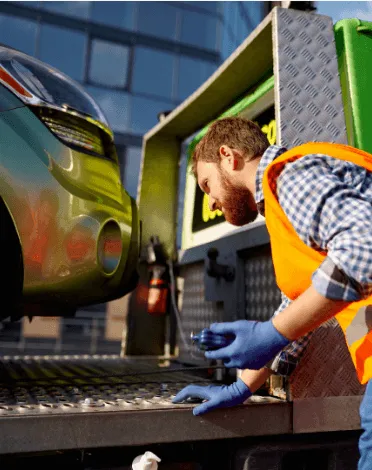
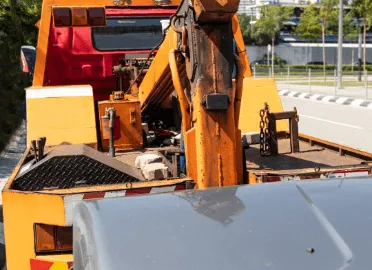
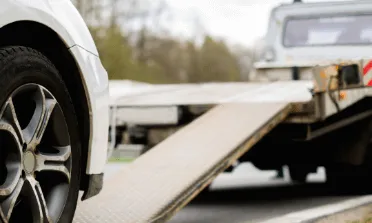
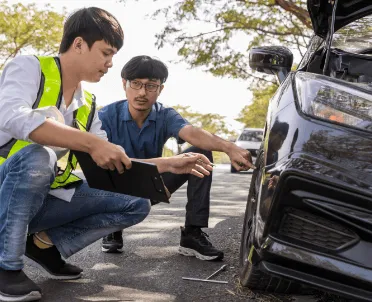
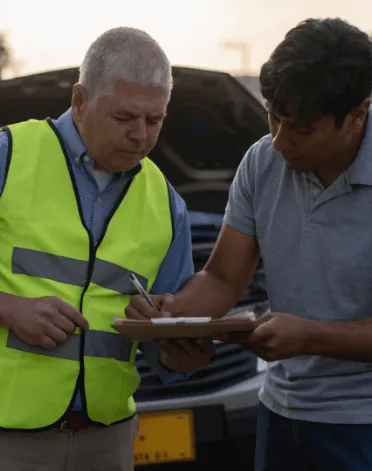

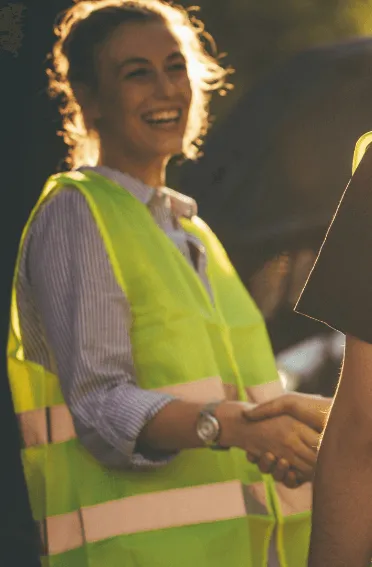

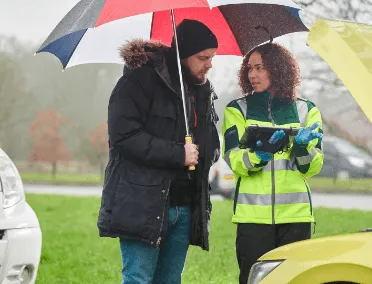

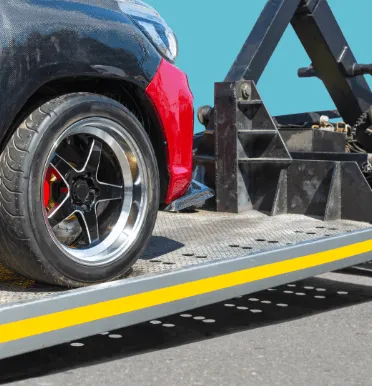
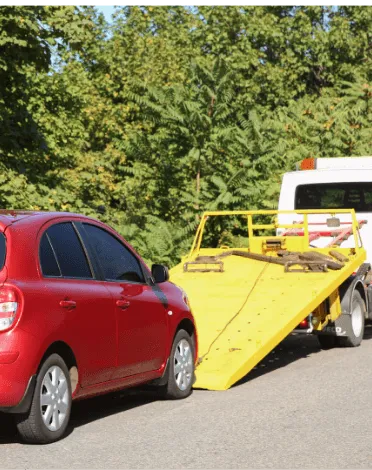
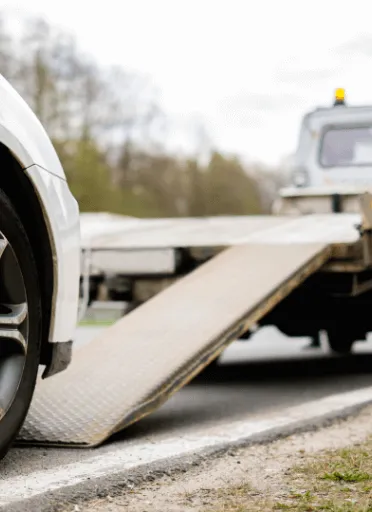

© 2023 Deshbidesh News - All Rights Reserved
+61 2 9057 8050